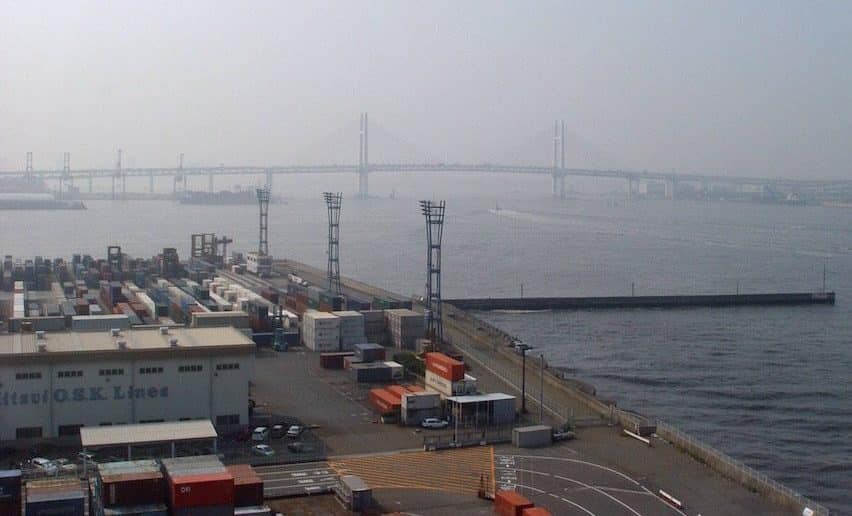Japan unveils ports decarbonisation plan
Japan Aims for Carbon Neutral Ports by 2050

Japan’s Ministry of Land, Infrastructure, Transport and Tourism (MLIT) has unveiled an ambitious initiative to achieve carbon neutrality at all its ports by 2050. The Carbon Neutral Ports (CNP) initiative will implement a certification process to assess the decarbonization efforts of individual terminals. This strategic move aims to encourage all port users to actively participate in reaching the carbon-zero target.
New Certification Process for Terminal Evaluation
The CNP initiative introduces a comprehensive certification process that evaluates the decarbonization strategies of each terminal rather than assessing ports as a whole. This targeted approach allows for a more detailed analysis of the specific measures being implemented at each terminal. The evaluation will consider a range of strategies aimed at reducing carbon emissions, including the use of low-emission handling equipment and energy-efficient LED lighting in terminal operations.
Idemitsu, ENEOS, Toyota, MHI eye introducing carbon-neutral fuels in Japan by 2030
Moreover, the initiative will extend its focus to carriers, promoting the adoption of zero-emission vessel fuels and the implementation of truck appointment systems to streamline operations. By making the results of these evaluations publicly accessible, the initiative encourages all port users to contribute to the overarching goal of carbon neutrality by 2050. This collaborative effort is expected to foster innovation and commitment across the maritime industry, aligning with global sustainability goals.
As Japan moves forward with this initiative, it sets a precedent for other nations to follow in the pursuit of environmentally responsible port operations. The success of the CNP initiative will depend on the active participation of all stakeholders involved in port activities, marking a significant step towards a greener future for the maritime sector.
